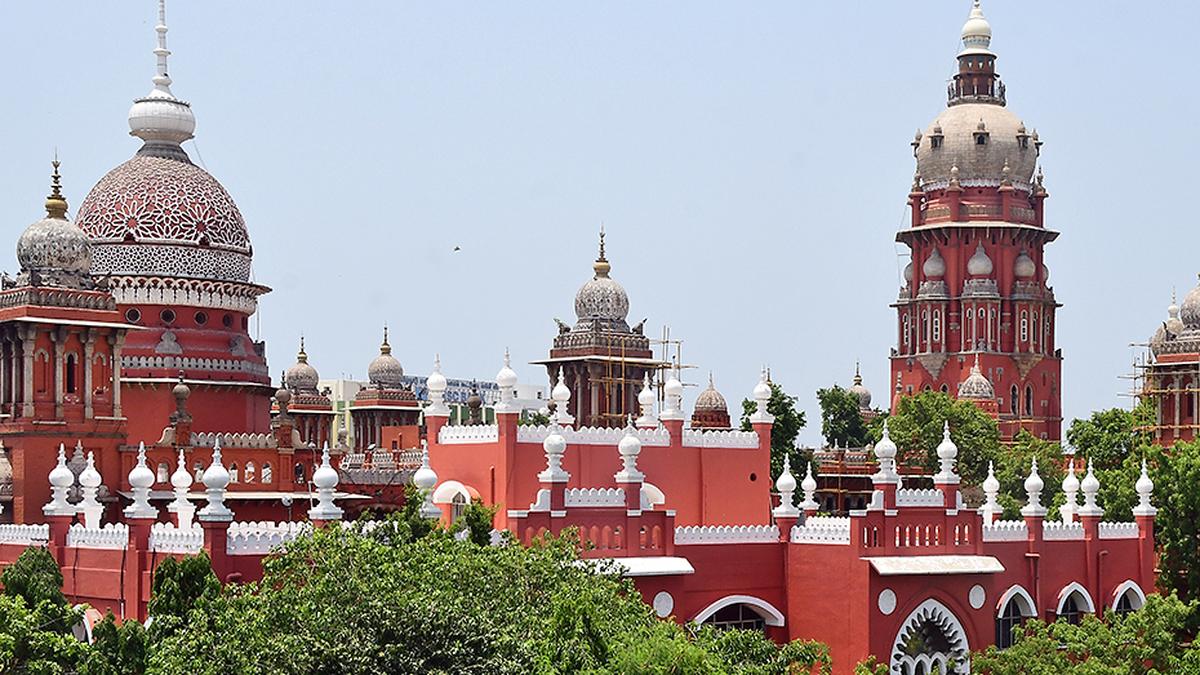
All victims of POCSO Act cases need not be subjected to medical exam, orders Madras HC
The Hindu
The Madras High Court has ordered that victims in Protection of Children from Sexual Offences (POCSO) Act cases need not undergo the ordeal of medical examination unless they have been reportedly subjected to penetrative sexual assault or have suffered injuries.
The Madras High Court has ordered that victims in Protection of Children from Sexual Offences (POCSO) Act cases need not undergo the ordeal of medical examination unless they have been reportedly subjected to penetrative sexual assault or have suffered injuries.
A Division Bench of Justices N. Anand Venkatesh and Sunder Mohan took serious note of a submission made by advocate Deepika Murali that the police, as well as judicial magistrates, mechanically subject all victims of POCSO Act cases to medical examinations, irrespective of the nature of the offence.
The judges also recorded the submission of V. Sivapriya, Director of Forensic Sciences department, that medical examination would be required only in cases involving penetrative sexual assault or aggravated penetrative sexual assault, as enunciated under Sections 3 and 5 of the POCSO Act.
The Director also stated that no useful purpose would be served by subjecting a child to medical examination for offences falling under Sections 7 (sexual assault), 9 (aggravated sexual assault), and 11 (sexual harassment) of the POCSO Act, since they deal with touching the private parts, showing gestures, and so on.
Agreeing that every child survivor of a sexual offence need not go through the mental agony caused by a medical examination, the judges said, such an examination should be carried out only for offences falling under Sections 3 and 5 of the POCSO Act, or if the victim had suffered any physical injuries.
“We further make it clear that considering the complaint made by the victim child/guardian, the doctor who examines the victim child shall take a decision as to the nature and extent of medical examination that has to be conducted with the child for the purpose of preparing a report,” the judges observed.
They also ordered that henceforth, the products of conception need not be stored indefinitely in government hospitals or forensic science laboratories. Instead, they could be handed over to biomedical waste vendors after DNA profiling is conducted and the data is saved in a digitised format.

 Run 3 Space | Play Space Running Game
Run 3 Space | Play Space Running Game Traffic Jam 3D | Online Racing Game
Traffic Jam 3D | Online Racing Game Duck Hunt | Play Old Classic Game
Duck Hunt | Play Old Classic Game











